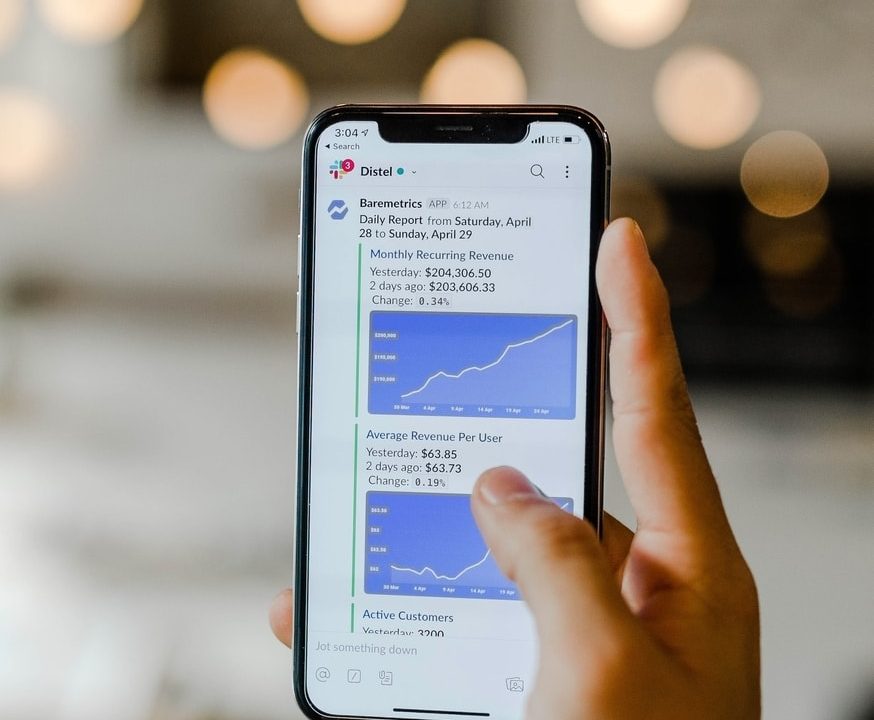The $50 billion scam perpetrated by Bernard Madoff is certainly scary, but if you did not have any funds invested with his firm you can learn a valuable lesson from the tragedy. There are certain precautions you should take, or be sure your advisor takes, to be sure even your trusted financial expert is not able to scam you. This does not mean you can’t trust your advisor, just that safeguards do exist which make it easy to trust your advisor and you should be sure your advisor uses them.
Madoff received funds from clients and invested them in financial opportunities. Most likely, in the beginning, he did this honorably, but sometime in the past he decided to scam his clients. He was able to do that because his organization had one huge ethical flaw; his firm was both an investment advisory firm and a brokerage firm that held client assets. In this way he could direct the firm holding the assets to send out false statements. Clients were getting inaccurate information about their accounts.
To be sure that isn’t happening to you check your monthly statements. Where do they come from? Who sends them to you? Is the firm that sends them reputable and trustworthy? Can you contact them and ask about them? All these questions will insure that there is separation between your advisor and the firm holding your assets. You can ask your advisor for help, but you should check independently to insure you get clear and objective answers to these questions.
There are other issues you can check into as long as you are in the sleuthing mode. The following list includes some general safeguards that you should investigate:
- What is the relationship between your advisor and the broker that executes your trades Sometimes your advisor will execute trades on your account. That alone is not cause for undue alarm, but it does provide an opening for abuse of your account. Brokerage fees have to be paid every time a trade is executed. If your account does not get charged for trades then you have no worry about this non-separation of services. However, if your account does pay brokerage fees, even deeply discounted fees, then there is an incentive for excessive numbers of trades to be made in your account because your advisor will made some money on each trade (this is how Madoff made money from his clients). To check this, ask your advisor who makes the trades on your account. If an independent firm performs the trades, ask your advisor how much they cost and who pays for them. If your account is charged for the trades ask how much. If there is separation between your advisor and the broker ask your advisor what the relationship between them is. They should be independent; your advisor should not get any reimbursement from the broker (i. e. there should be no kickback). Keep track of the number of trades in your account. You should be on the alert for excessive numbers of trades and/or trades out of one stock and into another stock in the same industry. If you notice such activity (sometimes there are good reasons to do this – end-of-the-year-tax-strategies, etc), question your advisor.
- Are all fees you pay on your account disclosed in a clear manner? Your financial advisor is a service firm and deserves to get paid for the service they provide. They must charge fees. So must the brokerage firm and firm holding your assets. All these people provide services and need to get paid. You should be advised of the amounts you pay them. Be sure the amounts are disclosed. Some firms net their fees into the price of any trade on your account and it is not easy to determine the total fees you are charged. Ask about them! Check to see if the fees are reasonable. There are firms that charge unreasonable fees (more than 2% is really high), but some of those firms promise better returns for the higher fees they charge – look at point four for more on that issue. You should check you fees in relations to the assets managed. If you are charged a fee per dollar managed the more assets you have under management the more fees you pay. A good advisor will lower such fees as they manage more of your assets. Who holds your assets? This is the question discussed above in the first part of the article. In recap, check your monthly statements and be sure the firm that sends them to you exists, is solvent and honorable, and is independent from your financial advisor.
- Does your account always provide a positive return that beats the market? Madoff’s firm did! And his clients felt very smug about selecting such a great advisor. But no one, and I mean no one, can beat the market with positive returns all the time!Nobel prize winners in economics have started investment management firms and gone bankrupt. Remember, no one beats the market all the time! If your advisor tells you they do they are lying. A good financial advisor should check your level of risk preference periodically and if you decide on a higher level you should beat the market often but you should also expect to have times that you suffer losses. If you choose a lower level of risk you will not have as good returns in the good times but your losses should be less in bad times. There is a balance and you should understand that and be sure you and your advisor are both aware of your comfort level and then that you not expect unreasonable performances for the risk levels you have chosen – in good or bad times.



